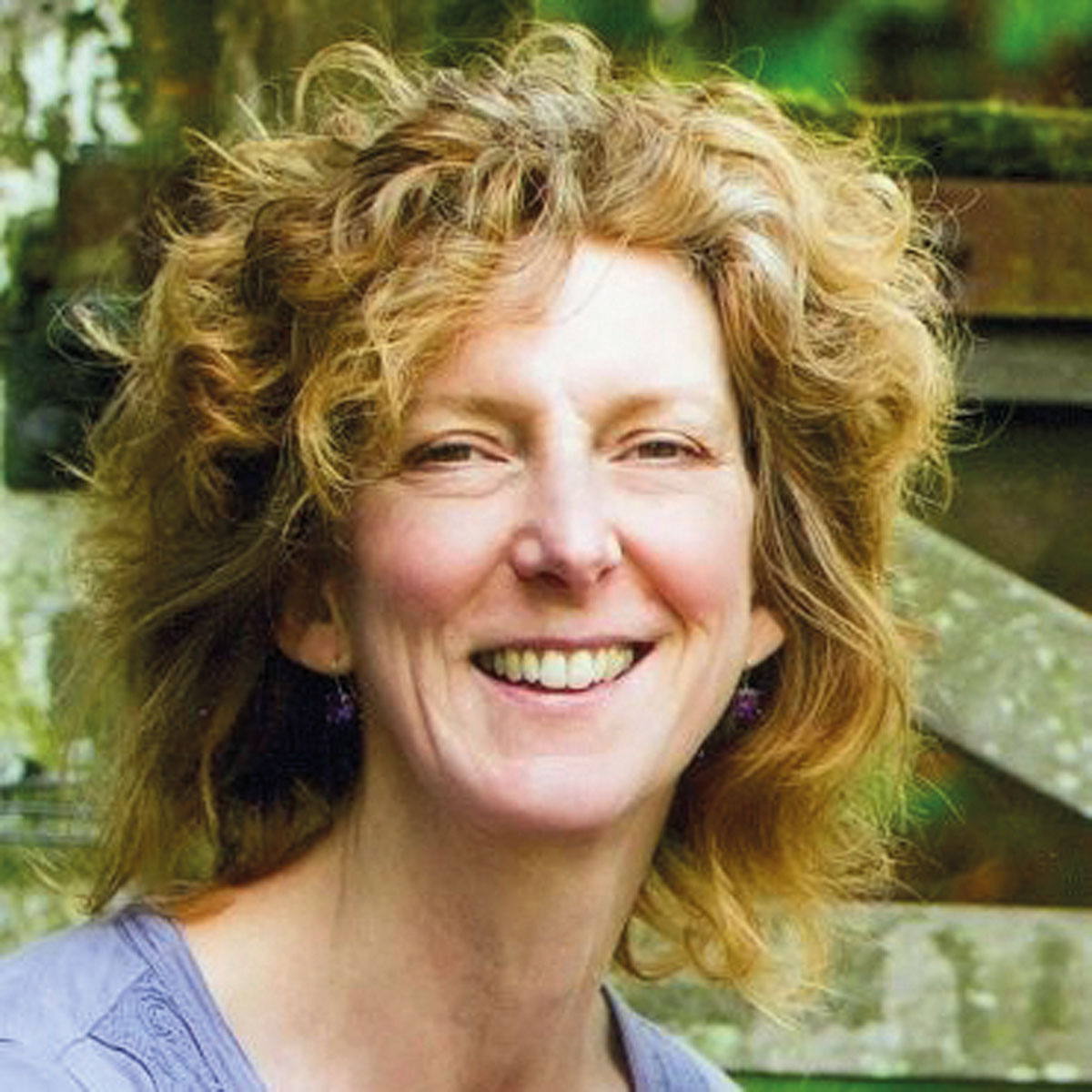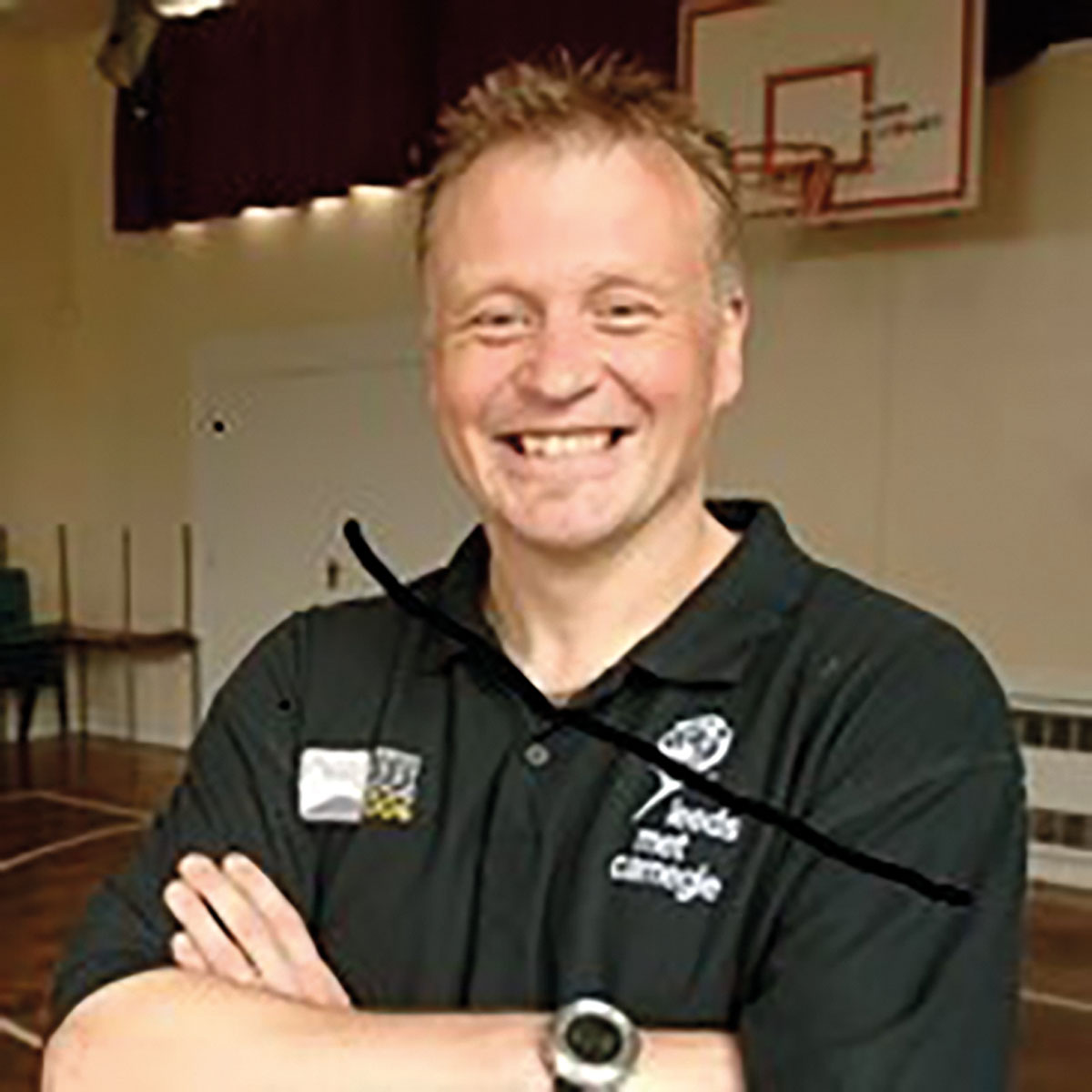
Panellists
Dr Anne Hunt, chief executive, Learning Outside the Classroom
 Hunt became chief executive in 2020 after stints at Natural England and the National Trust.
Hunt became chief executive in 2020 after stints at Natural England and the National Trust.
LOtC’s purpose is to ensure all children and young people can benefit from regular, progressive, high quality learning beyond the classroom as part of their development.
It operates the LotC Quality Badge scheme, endorsed by the Department for Education and Welsh Government.
Dr John Allan, head of learning and impact, Inspiring Learning
 Allan is an academic and qualified outdoor adventure practitioner and is also a visiting fellow at Sheffield Hallam University.
Allan is an academic and qualified outdoor adventure practitioner and is also a visiting fellow at Sheffield Hallam University.
Register Now to Continue Reading
Thank you for visiting Children & Young People Now and making use of our archive of more than 60,000 expert features, topics hubs, case studies and policy updates. Why not register today and enjoy the following great benefits:
What's Included
-
Free access to 4 subscriber-only articles per month
-
Email newsletter providing advice and guidance across the sector
Already have an account? Sign in here

